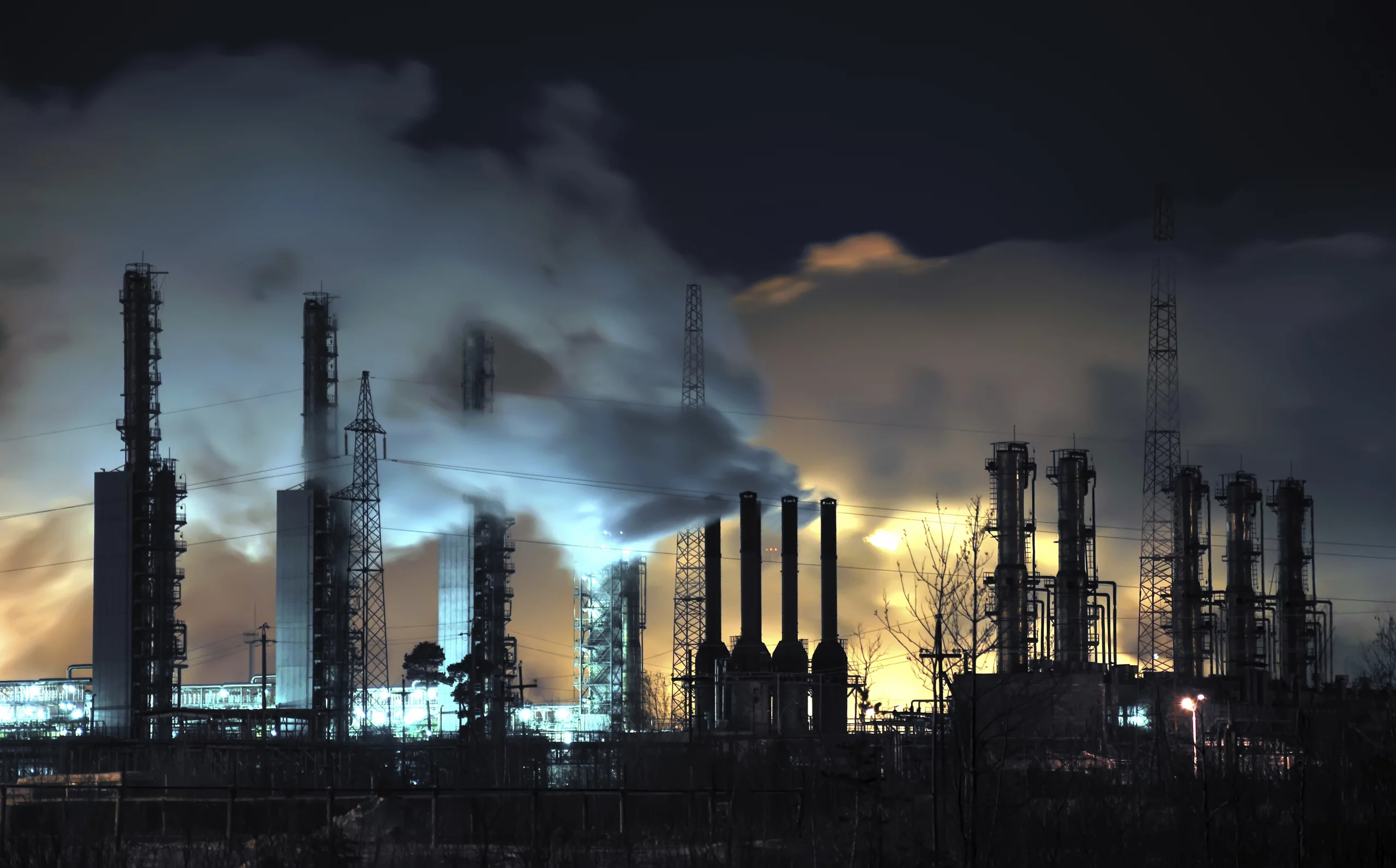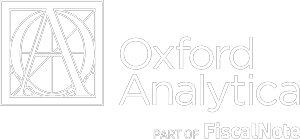Energy prices in Europe are almost 40% higher today than one year ago, as Russia restricts gas supply in an already tight global market. The energy shock, in tandem with higher food prices, has stoked inflation to a level that has forced the ECB to begin raising interest rates. With recession risks rising, potentially millions of Europeans could find their jobs in jeopardy and their living standards collapsing. A complete cut in Russian gas supply would make the situation dire.
The Kremlin calculates that EU governments, faced with the closure of businesses and the struggles of their people to heat their homes, will drop sanctions on Russia and stop arming Ukraine in return for restored gas flows. The EU knows this and has spent several months preparing for a tough winter, in the knowledge that submitting to Putin’s coercion would irrevocably damage its credibility. The effectiveness of those preparations is about to be severely tested.
During this webinar, our expert panel will answer the following questions:
- Which EU states are the most exposed to spiralling gas prices?
- Which states are the most and least prepared for a full cut in Russian supplies?
- Which governments are politically the most vulnerable?
- At the EU level, what would be the first signs of unity starting to crack?
A discussion between:
- Veronica Anghel, Fulbright Fellow at Stanford University; Member of the Oxford Analytica Expert Network
- Ross McCracken, Freelance Energy Analyst and Consultant; Member of the Oxford Analytica Expert Network
- David Hine, Professor in European Politics, Oxford University; Member of the Oxford Analytica Expert Network
Chair: Nick Redman, Director of Analysis, Oxford Analytica
* ALL FIELDS ARE REQUIRED


